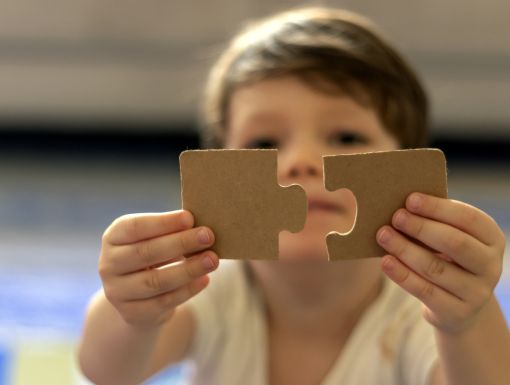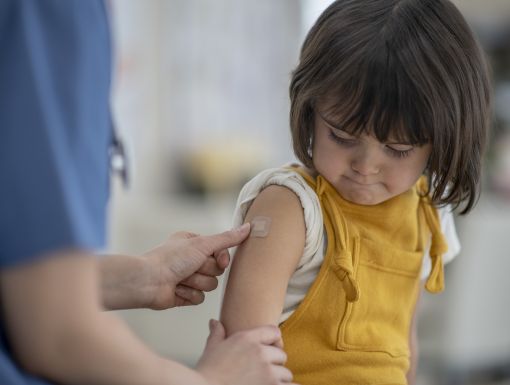
What are the Signs of Autism in Early Childhood
When you have a child, you are constantly monitoring their growth and development, making sure they meet every milestone. Sometimes, these milestones aren’t met, and you start to pick up on certain behaviors that could signal that something more could be the cause. There may be specific signals to watch for that could indicate your child has autism spectrum disorder.
What is Autism Spectrum Disorder?
Autism spectrum disorder is a neurodevelopmental disorder that occurs in the early formation of the brain. Children with autism have problems relating to other people socially at an early age. To be diagnosed with this disorder, according to the Diagnostic and Statistical Manual of Mental Disorders, fifth edition (DSM-5), a child must have problems in two areas: social communication and repetitive behaviors.
- Social communication: Persistent struggles with social communication and social interaction in various situations that cannot be explained by developmental delays. These may include problems with give and take in normal conversations, difficulties making eye contact, a lack of facial expressions and difficulty adjusting behaviors to fit different social situations.
- Repetitive behaviors: Obsessive and repetitive patterns of behavior, interest or activities. These may include unusual repetitive movements, strong attachment to rituals and routines or fixations on certain objects or interests. These may also include sensory abnormalities, such as being very sensitive or under-sensitive to certain sounds, textures or lights. They may also be unusually insensitive or sensitive to things such as pain, heat or cold.
Signs to Watch For:
There are many signs for autism that parents can look for. As infants, children with this disorder often display limited or no attention skills. Many children with autism have delayed language skills or use language in ways that are atypical, such as repeating a phrase over and over again (this is referred to as echolalia). Children with autism may use words to meet their basic needs, but they do not use language to connect with others. Other children may have language skills but have trouble knowing how to start a conversation or may constantly recite scripts from favorite videos or TV shows or may have trouble sustaining a conversation that is of mutual interest.
Children with an autism spectrum disorder have a different style of play. They rarely use their imagination and tend to play with toys according to the function of the toy. Sometimes, children with autism tend to play with the parts of toys, such as spinning the wheels of toy cars or fiddling with the eye lashes on a baby doll. Sometimes, children with autism form attachments to hard objects as opposed to stuffed animals. A child with an autism spectrum disorder also may not enjoy playing with other children, but instead prefer solo activities where he or she will show excitement by smiling or laughing while still not making eye contact with anyone.
Children may become fixated on topics that most other people would consider unusual and have trouble letting go of these topics. This can create an awkward feeling during a conversation. Many children become consumed with following rigid routines and a strong insistence on sameness. There is also a tendency for many children to have difficulty with transitions, especially if they are not prepared ahead of time.
Additionally, children with this disorder may engage in motor activities that appear odd and purposeless. These may include hand flapping, rocking in place, walking on their toes, spinning or running quickly while watching where they are going out of the corners of their eyes.
When parents become concerned about their child’s development, it is important to discuss this with your pediatrician. Your pediatrician will be able to help you understand expectations for development and provide you with information about resources and next steps.
If you think your child could have autism spectrum disorder, let our experts at the Michael R. Boh Center for Child Development help.



